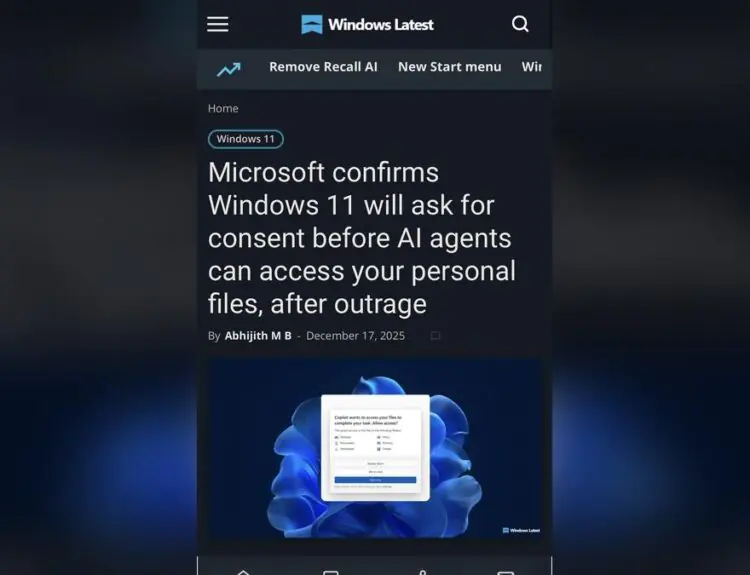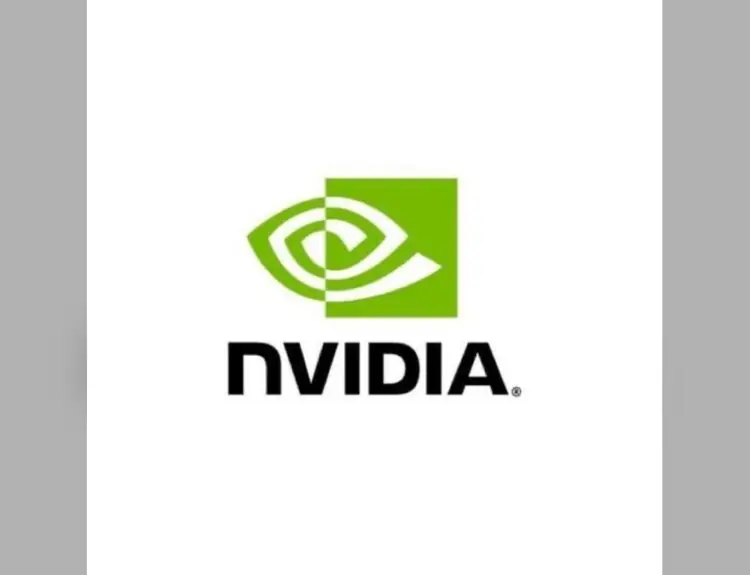Microsoft management actively promoted the concept of the so-called “console wars” in the middle of the 2000s, when the Xbox 360 was starting to gain traction.
The company needed to draw attention to its product through an aggressive confrontation with its direct competitor in the face of Sony and its PlayStation 3. She thought that doing this would enable her to establish herself and endure in trying circumstances.
During the Front Office Podcast, Moore clarified that the intention was “to challenge each other,” not to sow discord. The PlayStation game-sharing video from E3 2013 was a dig at the initial intentions for stringent DRM restrictions on the Xbox One, but Sony was also guilty of this occasionally.
Following leaving Microsoft in 2007, Moore has had executive positions at Unity, EA Sports, and Liverpool Football Club. Moore left Microsoft in 2007. The imaginary conflict is mainly ignored, yet console wars still break out between a very tiny number of people who are persuaded that their particular system is superior to the other.
Moore continued that the Xbox wouldn’t exist today “if we hadn’t solved red circles of death the way we did.” In 2020, our sister, Edge, had a more in-depth conversation with Moore on how the Xbox brand dealt with such a significant issue and how the business invested in a solution.
The biggest game franchises on the market have embraced a multiplatform strategy even in an era of high-profile acquisitions like Microsoft’s proposed acquisition of Activision Blizzard or Sony’s most recent agreement that saw Destiny 2 developer Bungie join its ranks.
As a result, cross-platform and cross-play functionality has eliminated digital borders for several games. It was a significant pain in the back for both players and Microsoft, with many being forced to ship their consoles back to the maker for repairs, take them to hardware stores for repair, or purchase a new system outright.







